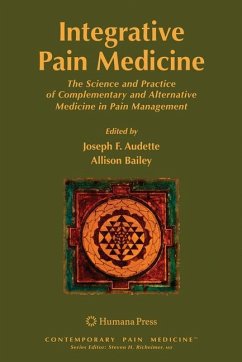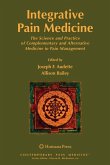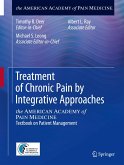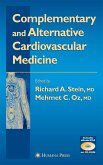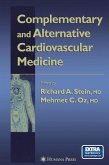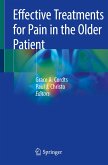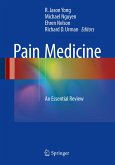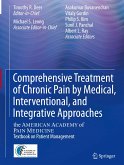The field of Pain Medicine has evolved over the last 20 years to include an increasing array of sophisticated and technologically complex diagnostic and the- peutic procedures. Concurrent to this advancement has been the development of a battery of pharmacological options to treat pain, from extended-release formulations of analgesics to antidepressants and anticonvulsants designed to treat specific types of pain syndromes. Despite (and perhaps because of) this phenomenal growth, it is not uncommon for patients with persistent pain to find themselves having gone through a number of procedures and taking a growing list of medications without ever expe- encing true resolution of the condition or a return to a normal lifestyle and function. Inherent in this approach is the viewpoint that the clinician's role is to do something to the patient that will reduce symptoms rather than to work in concert with the patient to either resolve the root causes or ameliorate the functional consequences of their pain condition. Although motivated by the desire to help, this model of pain management neglects individual choice and personal responsibility. This approach is of even greater concern in special populations such as the elderly.
From the reviews:
"This is a collaborative effort to address integrative pain medicine, involving authors from a variety of complementary and alternative medicine backgrounds. ... is designed to be accessible for a wide audience, including healthcare consumers (patients) and providers (clinicians). ... valuable addition to the bookshelf of any healthcare provider practicing in the field of pain management. ... Pain management clinicians will likely find this book to be of particular value as they consider expanding their scope of services to include a broader array of CAM techniques." (Felise S. Zollman, Doody's Review Service, July, 2008)
"Andrew Weil praises this book as the 'definitive guide to integrative pain management.' ... Clearly, the subject is appealing. ... This multiauthored volume covers most relevant topics, from basic pain concepts to legal issues. Its main emphasis is a broad outline of how alternative treatments like meditation, hypnotherapy, tai chi, yoga, osteopathy, chiropractic, massage, and herbal medicines might help individuals with pain." (JAMA, Vol. 300 (11), 2008)
"This is a collaborative effort to address integrative pain medicine, involving authors from a variety of complementary and alternative medicine backgrounds. ... is designed to be accessible for a wide audience, including healthcare consumers (patients) and providers (clinicians). ... valuable addition to the bookshelf of any healthcare provider practicing in the field of pain management. ... Pain management clinicians will likely find this book to be of particular value as they consider expanding their scope of services to include a broader array of CAM techniques." (Felise S. Zollman, Doody's Review Service, July, 2008)
"Andrew Weil praises this book as the 'definitive guide to integrative pain management.' ... Clearly, the subject is appealing. ... This multiauthored volume covers most relevant topics, from basic pain concepts to legal issues. Its main emphasis is a broad outline of how alternative treatments like meditation, hypnotherapy, tai chi, yoga, osteopathy, chiropractic, massage, and herbal medicines might help individuals with pain." (JAMA, Vol. 300 (11), 2008)

